NAVYPEDIA
 Support the project with paypal
Support the project with paypal
Photo

Ships
| No | Name | Yard No | Builder | Laid down | Launched | Comm | Fate |
|---|---|---|---|---|---|---|---|
| 95PB681 | PTF23 | Sewart Seacraft, Berwick | 1968 | stricken 1986 | |||
| 95PB682 | PTF24 | Sewart Seacraft, Berwick | 1968 | stricken 1985 | |||
| 95PB683 | PTF25 | Sewart Seacraft, Berwick | 1968 | stricken 1979 | |||
| 95PB684 | PTF26 | Sewart Seacraft, Berwick | 1968 | stricken 1990 |
Technical data
| Displacement standard, t | 80 |
|---|---|
| Displacement full, t | 105 |
| Length, m | 28.8 |
| Breadth, m | 7.00 |
| Draught, m | 2.10 |
| No of shafts | 2 |
| Machinery | 2 Napier-Deltic diesels |
| Power, h. p. | 6200 |
| Max speed, kts | 40 |
| Fuel, t | diesel oil |
| Endurance, nm(kts) | |
| Armament | 1 x 1 - 40/60 Mk 3, 2 x 1 - 20/70 Mk 10, 1 x (1 - 81/12 M29 mortar + 1 - 12.7/90) |
| Electronic equipment | radar |
| Complement | 19 |
Graphics
Project history
Under FY67 the Navy bought four 'Ospreys' (PTF23-26) from Sewart Seacraft of Berwick, Louisiana. They were a commercial, aluminium (rather than wooden) hulled design, sometimes described as improved versions of the 'Nasty'. Although reportedly not completely successful, they were not sold until the 1990s. (PTF25 was experimentally fitted with gas turbines in 1978, stricken in 1979.) They could be configured as torpedo-boats, minelayers, or submarine chafers.
Modernizations
1978, PTF25: was re-engined with gas turbines.
Naval service
No significant events.
Ivan Gogin, 2015
 HOME
HOME FIGHTING SHIPS OF THE WORLD
FIGHTING SHIPS OF THE WORLD UNITED STATES OF AMERICA
UNITED STATES OF AMERICA COASTAL FORCES
COASTAL FORCES "Osprey" patrol boats (PTF23) (1968)
"Osprey" patrol boats (PTF23) (1968)
